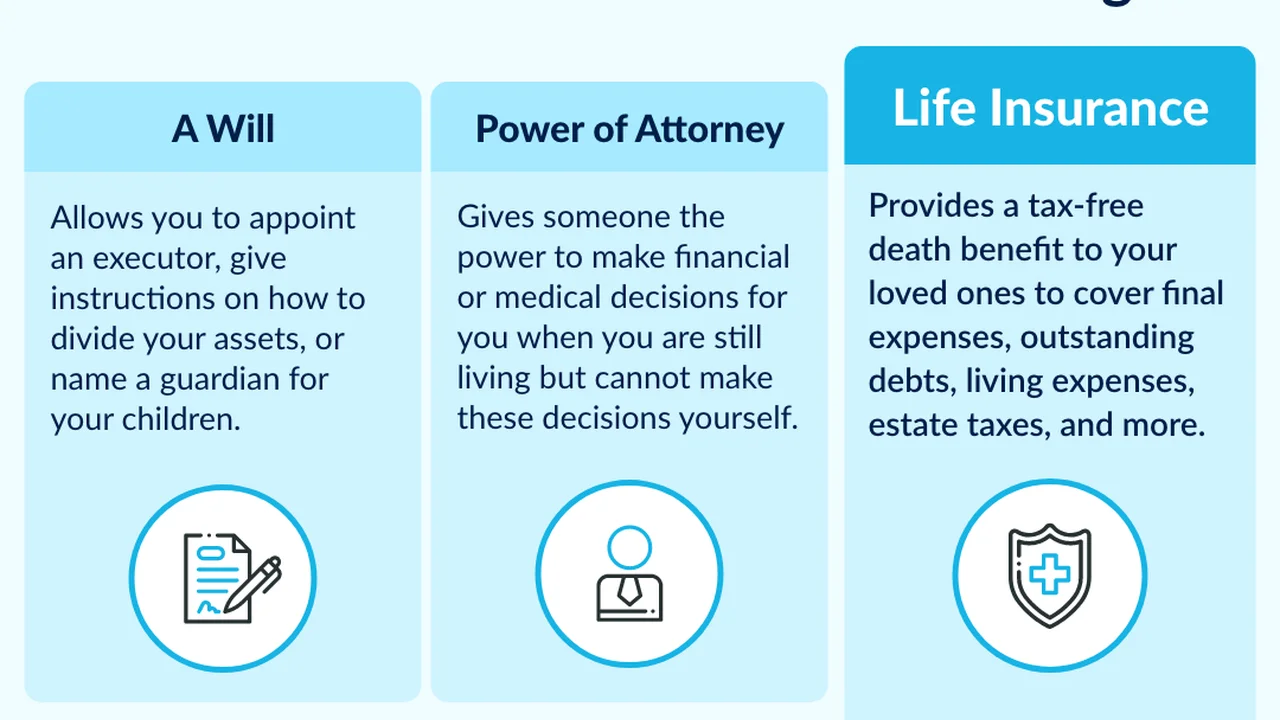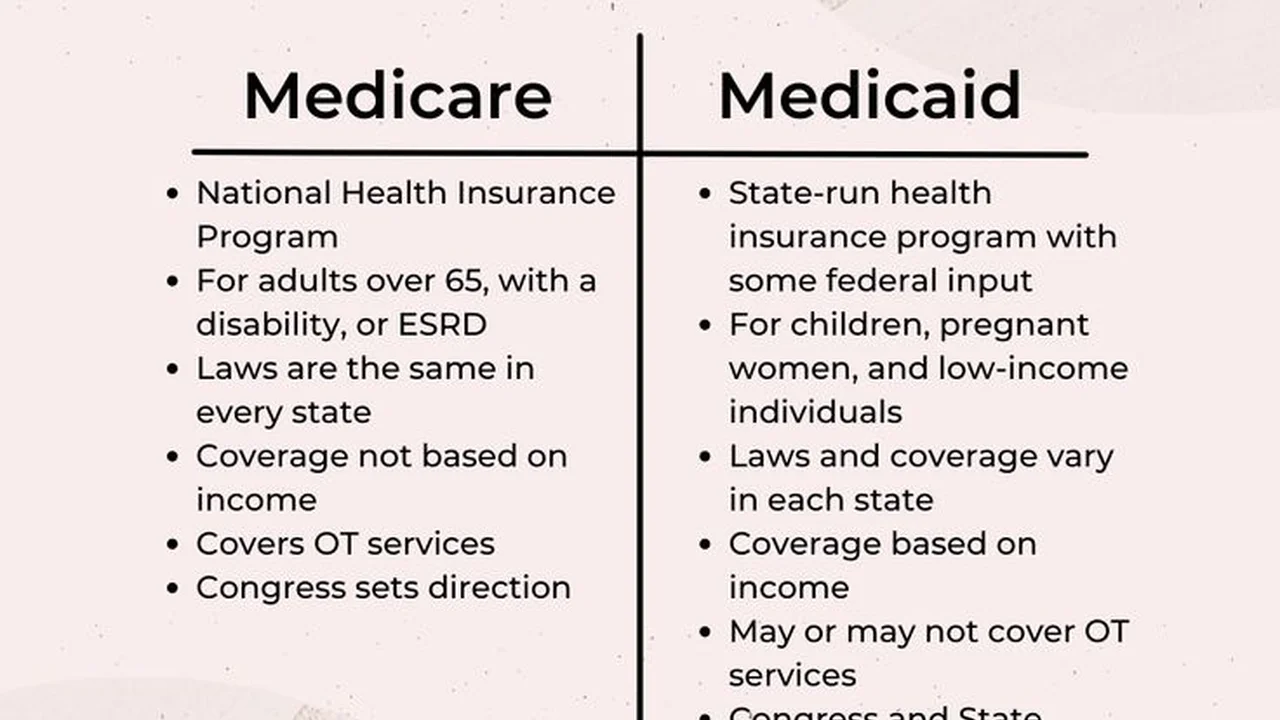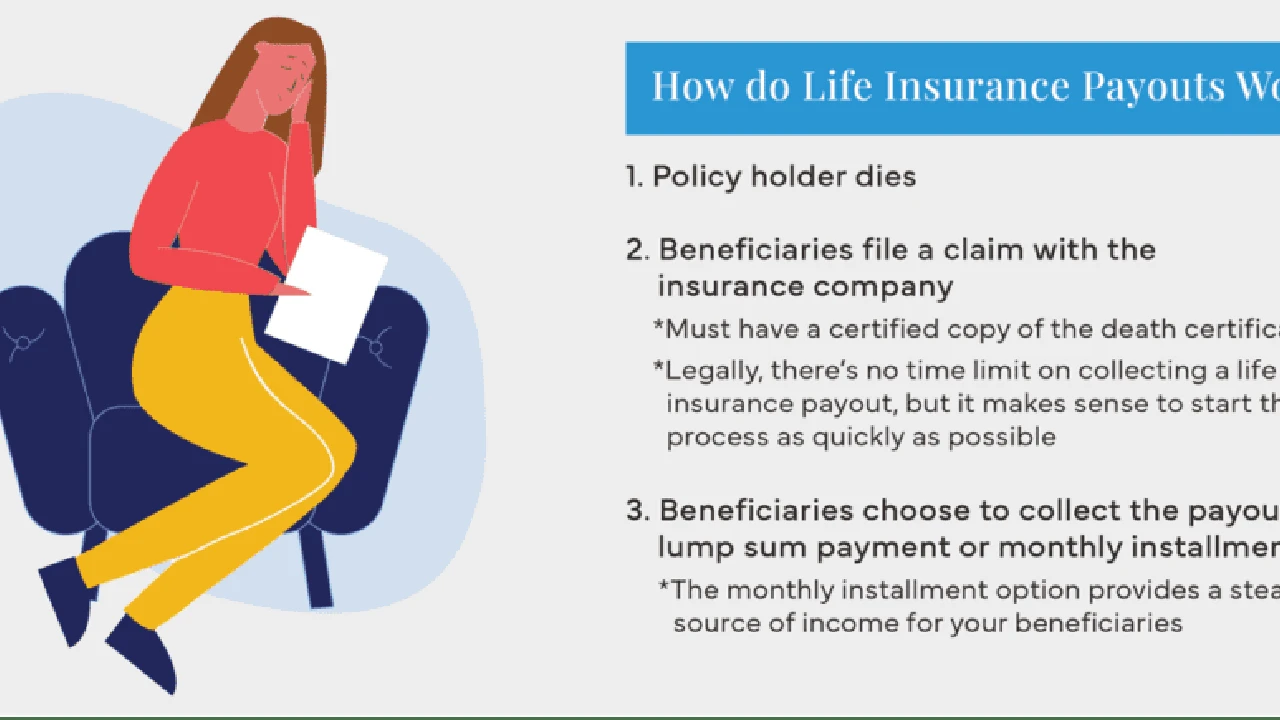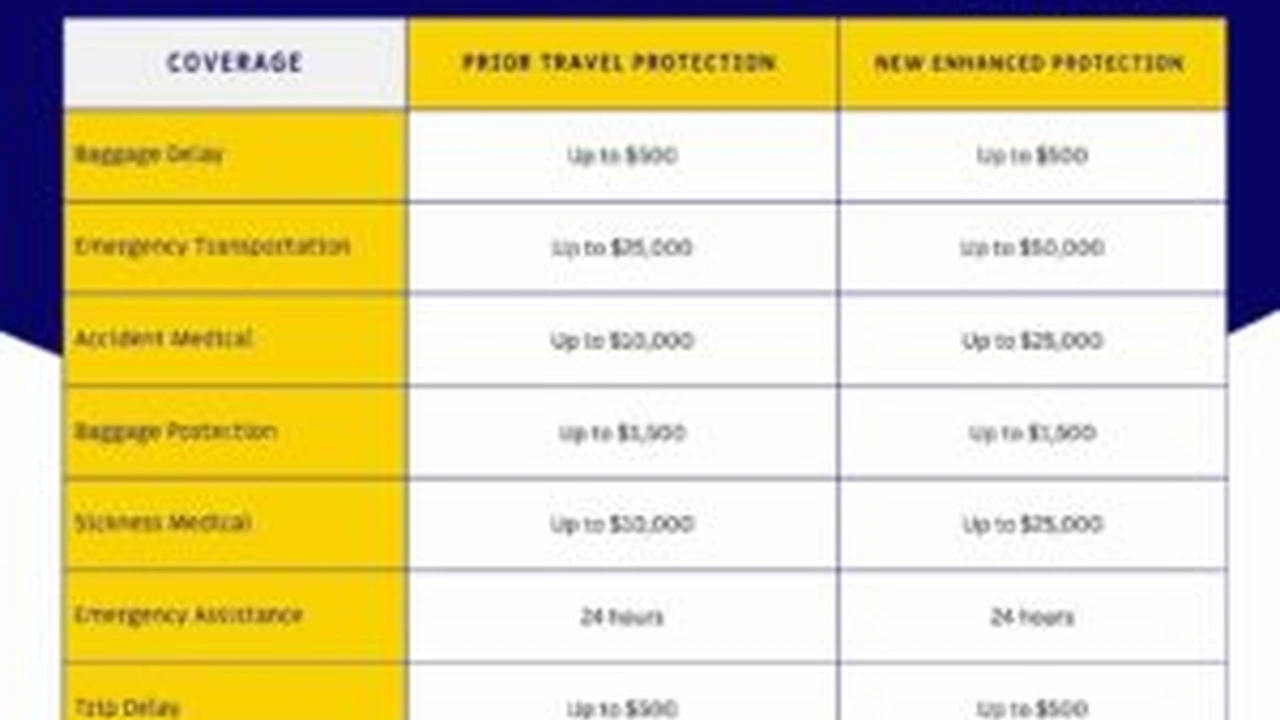Life Insurance and Estate Planning: Key Considerations
Traveling with pre-existing medical conditions requires careful planning. Learn how travel insurance covers pre-existing conditions, what limitations may apply, and ensure you have adequate coverage for your specific needs.

Understanding Pre-Existing Medical Conditions for Travel Insurance
So, you're itching to travel, but you've got a pre-existing medical condition? No sweat! It just means you need to be a bit more strategic about your travel insurance. A pre-existing condition is basically any health issue you've been diagnosed with or treated for before buying your travel insurance policy. This can range from common things like diabetes and asthma to more complex conditions like heart disease or cancer. The key thing to remember is that travel insurance companies will want to know about these conditions, as they can affect your risk of needing medical care while you're away.
Why do they care? Well, if you have a flare-up of your diabetes while you're hiking in the Andes, the insurance company might have to foot a hefty medical bill. They need to assess the risk of that happening to determine your premium and what they'll cover. That's why being upfront and honest about your pre-existing conditions is super important. Hiding something could lead to your claim being denied later, which is the last thing you want when you're already dealing with a health issue far from home.
How Travel Insurance Covers Pre-Existing Conditions Navigating the Options
Okay, so how do you actually get travel insurance with a pre-existing condition? There are a few different ways insurance companies handle it. Some offer automatic coverage for certain conditions, meaning you don't even need to declare them. This is usually for well-managed, stable conditions. Others might require you to fill out a medical questionnaire to assess your risk. Based on your answers, they might offer coverage with an increased premium or exclude coverage for that specific condition altogether. Some policies also have a "look-back period," where they'll only cover conditions that haven't required treatment within a certain timeframe (like 6 months or a year) before you bought the policy.
It's crucial to read the policy wording carefully to understand what's covered and what's not. Don't just skim it! Pay attention to the exclusions and limitations, especially those related to pre-existing conditions. If you're unsure about anything, don't hesitate to contact the insurance company and ask them to clarify. It's better to be safe than sorry. You might also want to consider using a specialist travel insurance provider that focuses on covering people with pre-existing medical conditions. These companies often have more flexible policies and a better understanding of the challenges you face.
Limitations and Exclusions to Watch Out For Know Your Policy
Even if you get travel insurance that covers your pre-existing condition, there might still be limitations and exclusions to be aware of. For example, the policy might only cover emergency medical treatment related to your condition, not routine checkups or ongoing care. It might also have a maximum payout limit for medical expenses, which could be insufficient if you need extensive treatment. Some policies exclude coverage for conditions that are considered unstable or are expected to require treatment while you're traveling. Others might exclude coverage if you're traveling against medical advice or for the purpose of seeking treatment for your condition.
Another common exclusion is for complications arising from a pre-existing condition. For instance, if you have diabetes and develop a severe infection while traveling, the policy might cover the infection but not the underlying diabetes. Again, reading the fine print is key. Make sure you understand exactly what's covered and what's not, and don't be afraid to ask questions if anything is unclear. You might also want to consider getting a letter from your doctor stating that you're fit to travel and that your condition is stable. This can help support your claim if you do need medical care while you're away.
Tips for Finding the Right Travel Insurance with Pre-Existing Conditions
Finding the right travel insurance with a pre-existing condition can feel like a daunting task, but it's definitely achievable with a little bit of research and planning. Here are a few tips to help you navigate the process:
- Be Honest and Upfront: Don't try to hide your pre-existing conditions. It's always better to be honest and declare everything, even if it means paying a higher premium.
- Compare Policies: Don't just go with the first policy you find. Compare quotes from multiple insurance providers to see which one offers the best coverage at the most affordable price.
- Read the Fine Print: As we've said before, reading the policy wording carefully is crucial. Pay attention to the exclusions, limitations, and any specific clauses related to pre-existing conditions.
- Consider Specialist Providers: Look into specialist travel insurance providers that focus on covering people with pre-existing medical conditions. They might have more flexible policies and a better understanding of your needs.
- Get a Doctor's Letter: Ask your doctor to write a letter stating that you're fit to travel and that your condition is stable. This can help support your claim if you need medical care while you're away.
- Check the Policy's Medical Emergency Assistance: Ensure the policy has a 24/7 medical emergency assistance helpline. You want to know that help is available anytime, anywhere.
- Consider Trip Cancellation Coverage: If there's a chance you might have to cancel your trip due to your pre-existing condition, make sure the policy includes trip cancellation coverage.
- Don't Wait Until the Last Minute: Start looking for travel insurance well in advance of your trip. This gives you plenty of time to compare policies and get any necessary medical assessments.
Recommended Travel Insurance Products for People with Pre-Existing Conditions
Alright, let's get down to brass tacks and talk about some specific travel insurance products that are worth considering if you have pre-existing conditions. Keep in mind that the best policy for you will depend on your individual needs and circumstances, so it's always a good idea to do your own research and compare quotes before making a decision.
World Nomads Explorer Plan
Who it's for: Adventurous travelers with stable pre-existing conditions who are looking for comprehensive coverage, including medical expenses, trip cancellation, and baggage loss.
What it covers: The Explorer Plan offers a high level of coverage for medical emergencies, including those related to stable pre-existing conditions. It also includes coverage for trip cancellation, interruption, and delay, as well as baggage loss and theft. World Nomads allows you to add coverage for certain pre-existing conditions after completing a medical assessment. They are known for covering adventure activities, making them a good choice for active travelers.
Limitations: Coverage for pre-existing conditions is subject to a medical assessment and may be excluded or subject to higher premiums. The policy also has a maximum payout limit for medical expenses.
Estimated Cost: The cost of the World Nomads Explorer Plan varies depending on your age, destination, trip duration, and the pre-existing conditions you need to cover. Expect to pay a premium, especially if you have multiple or complex conditions. Roughly, a two-week trip to Europe for a 50-year-old with a managed condition might cost around $200-$400.
Use Case: Imagine you're a keen hiker with well-controlled diabetes and you're planning a trekking trip in Nepal. You need insurance that covers medical emergencies related to your diabetes, as well as trip cancellation in case you have a flare-up before you leave. World Nomads Explorer Plan could be a good option, as it offers comprehensive coverage and allows you to declare your pre-existing condition.
Allianz Global Assistance OneTrip Prime Plan
Who it's for: Travelers with stable pre-existing conditions who are looking for affordable coverage for medical emergencies, trip cancellation, and baggage loss.
What it covers: The OneTrip Prime Plan offers coverage for medical emergencies, including those related to stable pre-existing conditions, as long as the conditions haven't required treatment within a certain timeframe (usually 120 days) before you bought the policy. It also includes coverage for trip cancellation, interruption, and delay, as well as baggage loss and theft.
Limitations: The policy has a "look-back period" for pre-existing conditions, meaning it won't cover conditions that have required treatment within the specified timeframe. It also has a maximum payout limit for medical expenses.
Estimated Cost: The cost of the Allianz Global Assistance OneTrip Prime Plan is generally more affordable than the World Nomads Explorer Plan. A similar two-week trip to Europe might cost around $150-$300.
Use Case: Let's say you have well-managed high blood pressure and you're planning a relaxing beach vacation in Mexico. You need insurance that covers medical emergencies related to your condition, as well as trip cancellation in case you have to cancel due to unforeseen circumstances. Allianz Global Assistance OneTrip Prime Plan could be a good option, as it offers affordable coverage and a relatively short "look-back period."
Travel Guard Essential Plan
Who it's for: Budget-conscious travelers with stable pre-existing conditions who are primarily concerned about medical emergencies and trip cancellation.
What it covers: The Essential Plan offers basic coverage for medical emergencies, including those related to stable pre-existing conditions. It also includes coverage for trip cancellation and interruption.
Limitations: The policy offers limited coverage for baggage loss and theft, and it has a maximum payout limit for medical expenses. It may also have a "look-back period" for pre-existing conditions.
Estimated Cost: The Travel Guard Essential Plan is generally the most affordable option of the three. A similar two-week trip to Europe might cost around $100-$200.
Use Case: Imagine you're a student with asthma and you're planning a backpacking trip in Southeast Asia. You're on a tight budget, but you want to make sure you have some basic coverage for medical emergencies and trip cancellation. Travel Guard Essential Plan could be a good option, as it offers affordable coverage for the essentials.
Comparison Table
| Feature | World Nomads Explorer Plan | Allianz Global Assistance OneTrip Prime | Travel Guard Essential Plan | |--------------------|-----------------------------|-----------------------------------------|-----------------------------| | Medical Coverage | High | Moderate | Basic | | Trip Cancellation | Yes | Yes | Yes | | Baggage Loss | Yes | Yes | Limited | | Pre-Existing Cond. | Medical Assessment | Look-back Period (120 days) | May have Look-back Period | | Price | Higher | Moderate | Lower | | Best For | Adventurous Travelers | Affordable Coverage | Budget Travelers |Tips on What to Do if Your Travel Insurance Claim is Denied
So, you've filed a travel insurance claim related to your pre-existing condition, and it's been denied. Don't panic! You have options. First, find out *exactly* why the claim was denied. The insurance company is required to provide a written explanation. Common reasons include: not disclosing the pre-existing condition, the condition not being considered stable, the treatment falling outside of the policy's coverage, or the condition being related to a policy exclusion.
Once you understand the reason for the denial, gather any additional documentation that might support your claim. This could include a letter from your doctor clarifying your condition, medical records, receipts for medical expenses, or proof of travel arrangements. If the denial was due to a misunderstanding or lack of information, providing this additional documentation might be enough to get the claim approved. Next, formally appeal the denial with the insurance company. Follow their specific appeal process, which should be outlined in your policy documents. Clearly explain why you believe the denial was incorrect and provide all supporting documentation.
If the insurance company still denies your claim after the appeal, you might have other options, such as filing a complaint with your state's insurance regulator or seeking legal advice. Many countries also have ombudsman services that can help resolve disputes between consumers and insurance companies. Don't give up without exploring all your options. It's worth fighting for your claim, especially if you incurred significant medical expenses or lost travel costs.
The Importance of Travel Insurance for Peace of Mind
Look, traveling with a pre-existing medical condition can be stressful enough without having to worry about what happens if you need medical care while you're away. Travel insurance can give you peace of mind knowing that you're protected against unexpected medical expenses, trip cancellation, and other unforeseen events. It's an investment in your health and well-being, and it can make your trip much more enjoyable. So, do your research, compare policies, and find the right travel insurance for your needs. It's one of the most important things you can do to prepare for your trip.
Staying Healthy While Traveling with Pre-Existing Conditions Practical Advice
Getting the right travel insurance is crucial, but it's just one piece of the puzzle. Staying healthy while traveling with pre-existing conditions requires some proactive planning and smart choices. First and foremost, consult with your doctor before you travel. Get a checkup, discuss your travel plans, and ask for any necessary vaccinations or medications. Make sure you have enough of your regular medications to last the entire trip, plus a little extra in case of delays. Keep your medications in their original containers with the prescription labels, as this can help you avoid problems with customs officials.
Pack a basic medical kit with essentials like pain relievers, bandages, antiseptic wipes, and any other over-the-counter medications you might need. Consider bringing a copy of your medical records, especially if you have a complex medical history. This can be helpful if you need to see a doctor while you're away. During your trip, be mindful of your diet, exercise, and sleep schedule. Try to maintain a regular routine as much as possible, and avoid overexerting yourself. Stay hydrated by drinking plenty of water, and be careful about what you eat. Avoid street food and stick to reputable restaurants. Be aware of the local climate and take precautions to protect yourself from the sun, heat, or cold. If you're traveling to a high-altitude destination, give yourself time to acclimatize gradually. Most importantly, listen to your body and don't push yourself too hard. If you start to feel unwell, seek medical attention right away.
Alternative Solutions to Consider Travel Protection Programs
Beyond traditional travel insurance, explore travel protection programs offered by credit card companies or travel agencies. These programs often provide a range of benefits, including trip cancellation insurance, baggage delay coverage, and even some medical coverage. While they might not always offer the same level of comprehensive coverage as a dedicated travel insurance policy, they can be a good option for travelers with relatively simple medical needs or for those who are looking for additional protection on top of their existing insurance. Be sure to carefully review the terms and conditions of any travel protection program to understand what's covered and what's not.
Final Thoughts on Securing Travel Insurance with Pre-Existing Conditions
Securing travel insurance with pre-existing conditions might seem complicated, but it's a manageable process with the right information and preparation. Be transparent about your medical history, compare policies carefully, and don't hesitate to ask questions. With a little bit of effort, you can find a policy that provides adequate coverage and peace of mind, allowing you to focus on enjoying your trip. Safe travels!
:max_bytes(150000):strip_icc()/277019-baked-pork-chops-with-cream-of-mushroom-soup-DDMFS-beauty-4x3-BG-7505-5762b731cf30447d9cbbbbbf387beafa.jpg)






